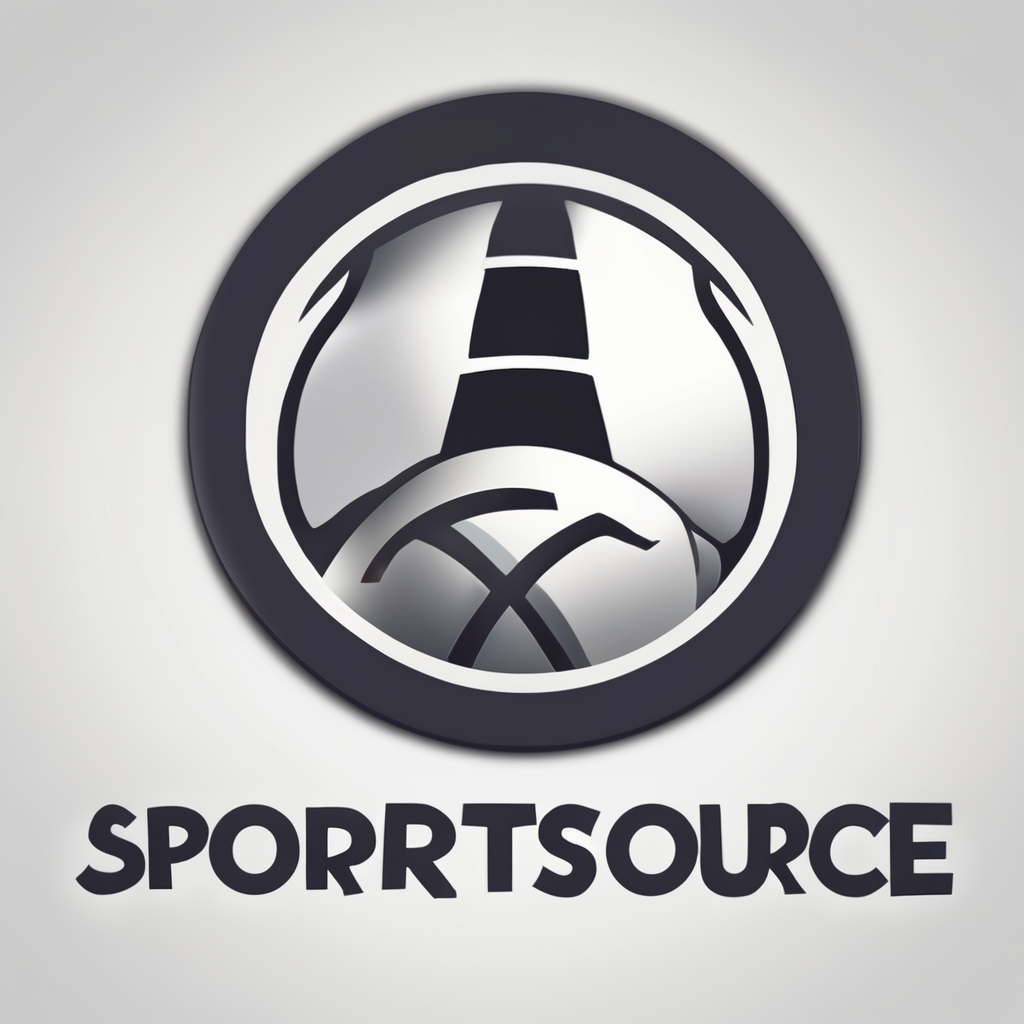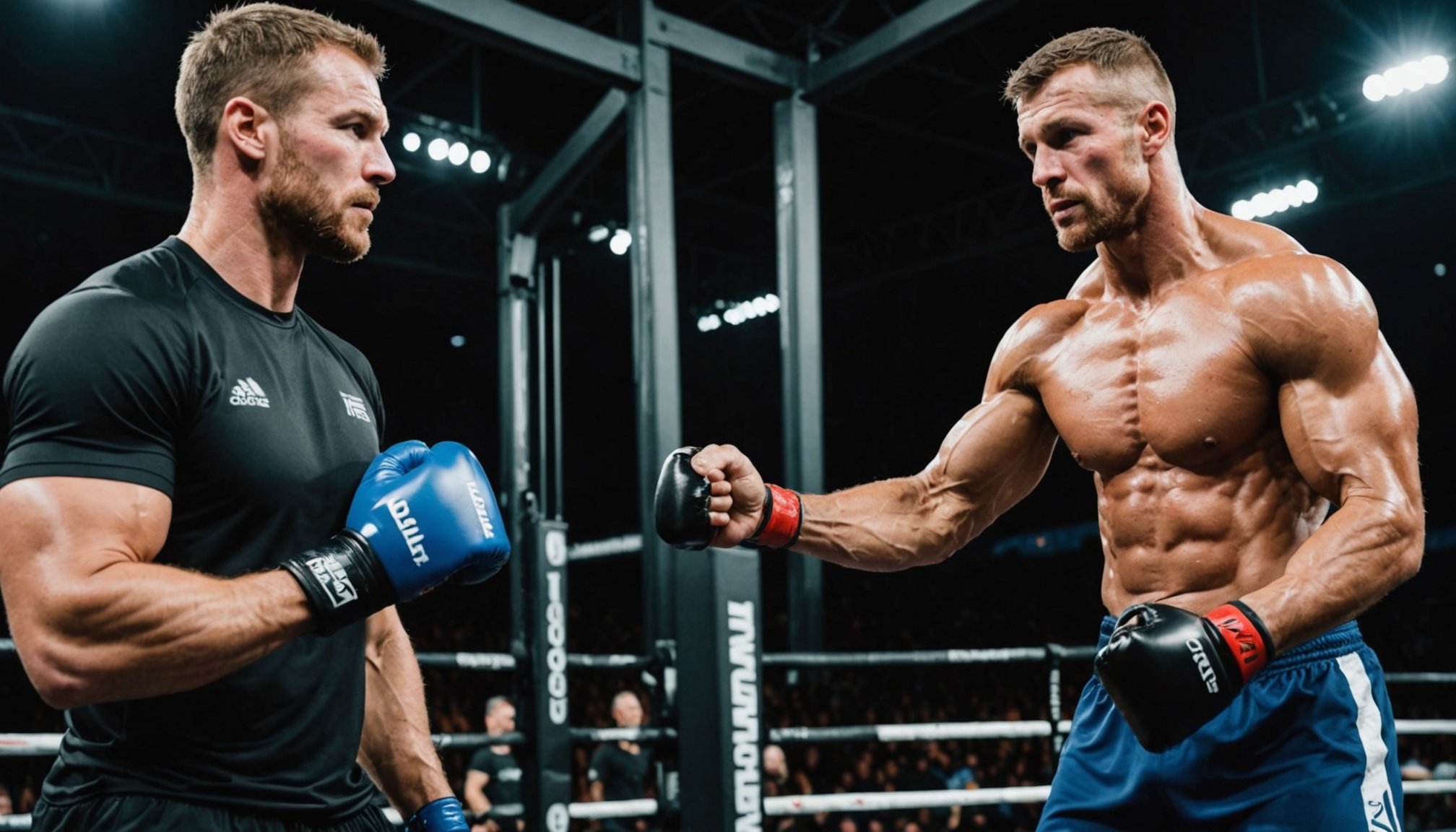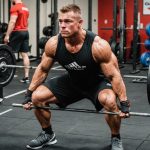Ultimate Nutrition Strategies for Effective Muscle Recovery: Essential Insights for UK Combat Sports Athletes
Understanding the Importance of Nutrition in Muscle Recovery
When it comes to combat sports, the physical demands are exceptionally high. Athletes in disciplines like boxing, MMA, and wrestling need to optimize their training and recovery strategies to perform at their best and minimize the risk of injury. Nutrition plays a critical role in this process, particularly in muscle recovery.
“Nutrition is not just about fueling your body; it’s about repairing and rebuilding it after intense physical activity,” notes a sports nutrition scholar. For combat sports athletes, a well-planned nutritional strategy can be the difference between a successful training session and a debilitating injury.
In parallel : What are some effective cold-weather training techniques for outdoor martial artists?
The Role of Macronutrients in Muscle Recovery
Protein: The Building Block of Muscle
Protein is perhaps the most critical macronutrient for muscle recovery. It is composed of amino acids, which are essential for muscle repair and growth. Here are some key points to consider:
- Protein Intake: Athletes need to consume a significant amount of protein to support muscle repair. The general recommendation is about 2 grams of protein per kilogram of body weight daily, though this can vary depending on the intensity and frequency of training[1].
- Timing of Protein Intake: Consuming protein within 30-60 minutes after exercise, known as the “anabolic window,” can enhance protein synthesis and muscle repair.
- Quality of Protein: Protein from animal sources (like meat, fish, and dairy) tends to be more effective due to its higher bioavailability and complete amino acid profile compared to plant-based sources[1].
Carbohydrates and Energy Intake
Carbohydrates are vital for replenishing energy stores and supporting muscle function. Here’s how they fit into the recovery picture:
This might interest you : Mastering the Tachiai: Strategies for UK Sumo Wrestlers to Elevate Their Initial Charge Technique
- Energy Availability: Ensuring adequate carbohydrate intake helps maintain energy availability, which is crucial for high-intensity training and recovery. A diet lacking in carbohydrates can lead to fatigue, decreased performance, and increased risk of injury[3].
- Glycogen Replenishment: Carbohydrates help replenish glycogen stores in the muscles, which are depleted during intense exercise. This replenishment is essential for maintaining muscle function and supporting subsequent training sessions.
Fatty Acids and Anti-Inflammatory Effects
Fatty acids, particularly omega-3 fatty acids, play a role in reducing inflammation and supporting overall health.
- Anti-Inflammatory Effects: Omega-3 fatty acids have anti-inflammatory properties that can help reduce muscle soreness and inflammation after intense exercise.
- Healthy Fats: Incorporating healthy fats like avocados, nuts, and olive oil into your diet can support overall health and provide the necessary energy for training and recovery.
Detailed Nutritional Strategies for Combat Sports Athletes
Pre-Exercise Nutrition
Before heading into a training session or competition, it’s crucial to fuel your body appropriately.
- Balanced Meal: Consume a balanced meal that includes protein, carbohydrates, and healthy fats 1-3 hours before exercise. For example, a meal of chicken, brown rice, and vegetables would be ideal.
- Hydration: Ensure proper hydration by drinking plenty of water throughout the day. Aim to drink at least 8-10 glasses of water daily.
Post-Exercise Nutrition
After exercise, the focus shifts to recovery.
- Protein and Carbohydrate Mix: Consume a mix of protein and carbohydrates within 30-60 minutes after exercise. A ratio of 1:2 or 1:3 (protein:carbohydrates) is often recommended. For example, a smoothie with protein powder, banana, and almond milk would be a good option.
- Electrolytes and Hydration: Replenish electrolytes lost during exercise with sports drinks or coconut water. Continue to hydrate throughout the day.
Sample Meal Plan
Here’s a sample meal plan for a combat sports athlete:
| Meal Time | Meal Composition |
|---|---|
| Breakfast | Oatmeal with banana, almond butter, and eggs |
| Snack | Greek yogurt with berries and honey |
| Lunch | Grilled chicken with quinoa and mixed vegetables |
| Snack | Apple slices with peanut butter |
| Dinner | Grilled salmon with sweet potato and green beans |
| Before Bed | Casein protein shake with almond milk |
Additional Nutritional Considerations
Collagen Synthesis and Joint Health
Collagen is crucial for joint health and can be supported through dietary intake.
- Collagen-Rich Foods: Include foods rich in collagen like bone broth, gelatin, and vitamin C-rich foods (which support collagen synthesis).
- Supplements: Consider collagen supplements if you’re not getting enough from your diet.
Anti-Inflammatory Foods
Incorporating anti-inflammatory foods can help reduce muscle soreness and inflammation.
- Omega-3 Rich Foods: Foods like salmon, walnuts, and chia seeds are rich in omega-3 fatty acids.
- Turmeric and Ginger: These spices have anti-inflammatory properties and can be added to meals or consumed as supplements.
Practical Tips for Athletes
Listen to Your Body
- Rest and Recovery: Ensure you get adequate rest and recovery time. Overtraining can lead to injuries and decreased performance.
- Injury Prevention: If you experience any injuries, seek medical attention promptly. Proper nutrition can also help in the recovery process from injuries.
Stay Hydrated
- Hydration Tracking: Use a hydration app or keep a log to track your water intake.
- Electrolyte Balance: Monitor your electrolyte levels, especially during intense training sessions.
Seek Professional Advice
- Consult a Nutritionist: A sports nutritionist can tailor a nutritional plan specific to your needs and training schedule.
- Stay Updated: Follow reputable sources and scientific studies to stay updated on the latest nutritional strategies.
Example of Effective Training and Nutrition in Action
Consider the example of an athlete preparing for the HYROX, a demanding crossfit competition that combines running and functional exercises.
- Training Strategy: The athlete incorporates strength training, high-intensity interval training (HIIT), and specific functional exercises to mimic the competition.
- Nutrition Strategy: The athlete focuses on a balanced diet rich in protein, complex carbohydrates, and healthy fats. They also ensure timely protein intake post-exercise and maintain high hydration levels throughout the day[4].
Effective muscle recovery for combat sports athletes is not just about the training; it’s equally about the nutritional strategies you employ. By understanding the role of macronutrients, timing your nutrient intake, and incorporating additional nutritional considerations, you can optimize your recovery, enhance your performance, and reduce the risk of injury.
As a scholar in sports nutrition notes, “A well-planned nutritional strategy is the backbone of any successful athlete’s training program. It’s not just about fueling your body; it’s about building resilience and ensuring you can perform at your best every time you step into the ring or onto the mat.”
Table: Comparative Nutritional Needs for Different Training Phases
| Nutrient | Pre-Exercise | Post-Exercise | General Training |
|---|---|---|---|
| Protein | 20-30 grams | 20-30 grams | 2 grams/kg body weight |
| Carbohydrates | 30-60 grams | 30-60 grams | 2-3 grams/kg body weight |
| Fatty Acids | Healthy fats | Healthy fats | Omega-3 rich foods |
| Hydration | 8-10 glasses | Electrolyte replenishment | 8-10 glasses daily |
| Electrolytes | Balanced meal | Sports drinks or coconut water | Monitor electrolyte levels |
Detailed Bullet Points: Key Nutritional Strategies
-
Protein Intake:
-
Consume 2 grams of protein per kilogram of body weight daily.
-
Timing: Within 30-60 minutes post-exercise.
-
Sources: Animal proteins (meat, fish, dairy), plant-based proteins (legumes, nuts).
-
Carbohydrate Intake:
-
Ensure adequate carbohydrate intake to maintain energy availability.
-
Timing: Pre-exercise meal, post-exercise snack.
-
Sources: Complex carbohydrates (brown rice, quinoa), simple carbohydrates (fruits, sports drinks).
-
Fatty Acids:
-
Include healthy fats in your diet (avocados, nuts, olive oil).
-
Omega-3 rich foods: Salmon, walnuts, chia seeds.
-
Hydration:
-
Drink at least 8-10 glasses of water daily.
-
Monitor electrolyte levels, especially during intense training.
-
Anti-Inflammatory Foods:
-
Omega-3 rich foods.
-
Turmeric and ginger.
-
Collagen Synthesis:
-
Include collagen-rich foods (bone broth, gelatin).
-
Vitamin C-rich foods to support collagen synthesis.
By following these nutritional strategies, combat sports athletes can optimize their muscle recovery, enhance their performance, and reduce the risk of injuries, ensuring they remain at the top of their game.











